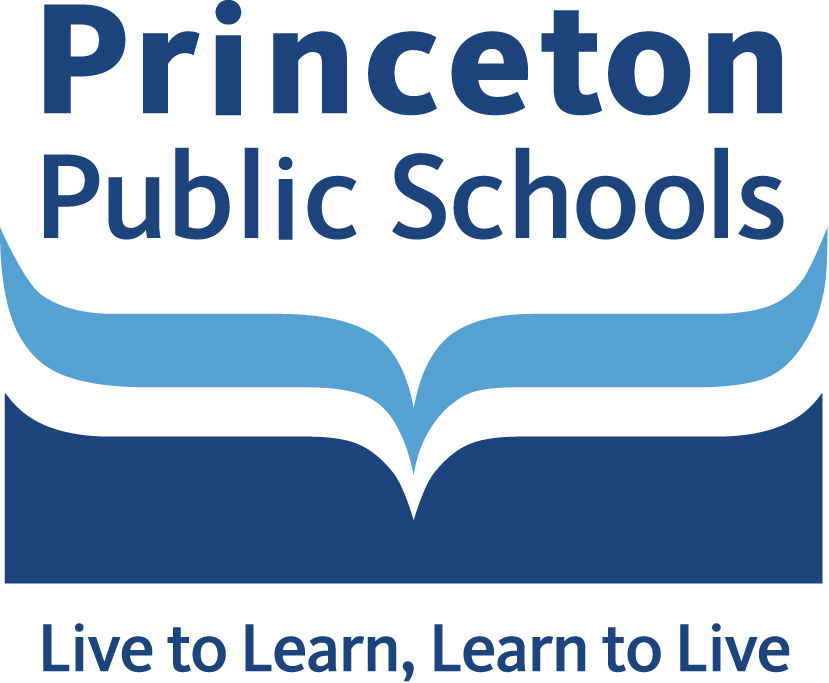By Philip Sean Curran, Staff Writer
Public school students in Princeton outperformed their peers on state standardized math and English tests administered earlier this year, despite large numbers of them boycotting the exams as part of a larger protest across New Jersey.
The district on Tuesday released results and participation rates of the Partnership for Assessment of Readiness for College and Careers tests that students took in March and May. The data found that large majorities of elementary and middle school children scored at the top levels.
Yet participation through the district was uneven. Amid larger parent, student and teacher opposition around the state, most freshmen, sophomores and juniors at Princeton High School did not take the English test.
For example, only 30 juniors, out of 370, took the exam, according to figures the district released. While those 30 students did better than the state average, the district was not reading too much into the data given the low participation rate.
“Those scores are not really very reliable for us,” said assistant superintendent Bonnie Lehet in presenting the results to the school board.
In addition to English, high schoolers took end of course tests in algebra I and II and geometry, while most eighth graders took exams in algebra I.
As for the rest of the district, participation was higher among children in the lower grades, she pointed out.
“Obviously, the more students who take the tests, the more reliable the results are going to be,” Superintendent of Schools Stephen C. Cochrane said after the board meeting. “So we’re just going to have to interpret the results we have within that context.”
The district said it planned to mail out individual student results to parents.
New Jersey dropped using its former standardized tests for public school students in favor of PARCC tests. One critical difference is that the tests were computer-based, administered to children from grades three to 11.
The district said this week that it did not think children had trouble taking the test by computer.
But at the high school, there were not enough computers for all ninth, 10th and 11th graders to take the test simultaneously, so the district had an extended period of time for taking the test over three weeks, Mr. Cochrane said.
That caused problems for students in mixed-grade classes, who had to be pulled out of class to take the test and thus missed class.
Looking ahead, Mr. Cochrane said the district would structure the administration of the test so that more students take it. And as part of a larger technology upgrade, the district has bought more computers to avoid that problem happening again, he said.
PARCC was controversial with parents, the New Jersey Education Association, the state’s largest teachers union, and students themselves.
One group of parents, Choose to Refuse NJ, criticized the “corporate education reform” and the way teachers teach to the test in the midst of high stakes standardized testing.
PARCC is due to be administered starting in April, according to the state Department of Education. Key changes will be to see the testing time shortened by roughly 90 minutes and the two testing windows combined into one.

